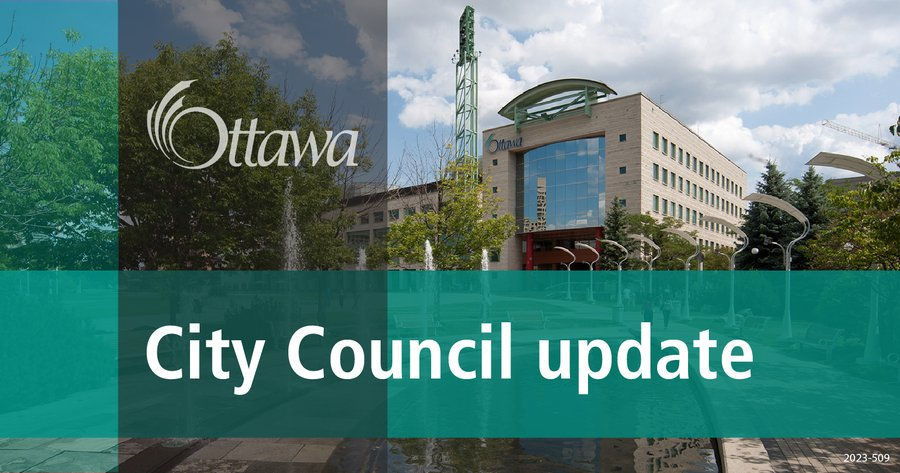On Wednesday March 1st, Council passed the 2023 Budget, which prioritizes affordable housing and protection for those most at risk in our community, greater equity, inclusion and diversity, reliable and affordable public transportation, safe and reliable roads, sidewalks and pathways, and a cleaner and greener city.

The 2023 Budget caps the overall municipal tax increase at 2.5 per cent. Factoring in assessment growth, that increase would deliver $91.9 million in additional funding to address budget pressures and make priority investments. The average urban homeowner would pay an additional $104 per year, while the average rural homeowner would pay an additional $85 per year.
The budget supports those most at risk in our community. This budget will create more affordable housing options every year, with funding from the capital budget coupled with federal and provincial funding. In addition to those ongoing investments, the budget includes $15 million in new funding for 2023, and a further $1 million to address inflation making a $16 million investment. These investments will see work begin or continue for more than 1,000 units of affordable and supportive housing in communities across Ottawa.
It allots $4.55 million for community safety, well-being and social investments, including funding for community agencies in support of Ottawa’s Community Safety and Well-Being Plan, with interventions to support racialized youth, prevent gender-based violence against women and girls, and improve community-based access to mental health programs.
Additionally, the City proposes an increase in funding for the hand-in-hand program to help low-income families and youth access recreation and culture activities, a 10-per-cent reduction in camp enrollment fees in 2023 and free recreation and cultural services in areas of need. Households with young children will benefit from a $193-million commitment to reduce child care fees and support workforce compensation through the Canada-Wide Early Learning and Child Care system.
To protect the health and well-being of residents as Ottawa continues to grow, the City will invest $1.8 million to hire 14 paramedics and to procure emergency vehicles. The City will also commit to hiring 29 additional Ottawa Police Service personnel.
The budget freezes transit and Para Transpo fares for 2023 to help all customers, residents and households who are coping with the higher cost of living. Fares for children aged eight to 12 will be free of charge as of July 1, 2023 and the cost of the EquiPass for low-income residents and the Community Pass for Ontario Disability Support Program recipients will also remain frozen at 2018 rates.
While some transit savings were realized, including the conclusion of enhanced COVID-19 touchpoint sanitization requirements and a plan to realign the fleet from 855 buses down to 738, this will not impact overall service. The buses being removed are not required to meet current service levels and are nearing the end of their useful lifespan. The City is also counting on receiving at least $39 million in Provincial Safe Restart Agreement funding.
The 2023 Budget adds more than $100 million to help fund replacement or rehabilitation of parks, recreation, cultural and City facilities across all wards. Additionally, through creative partnerships with developers, Ottawa will see more than 25 parks developed in new residential communities across the city.
The City will invest $31.7 million to support initiatives such as Safer Road Ottawa’s awareness and outreach safety campaigns, temporary traffic-calming measures across the city, low-cost cycling safety improvements, and more automated speed enforcement cameras – especially near school zones. The City will also invest more than $136 million to renew roads, including paving and resurfacing work, and $7.7 million to renew sidewalks and pathways.
Investments in new major urban renewal projects are also a priority, and the budget commits $245.9 million citywide to design and construct integrated road, sewer and water projects.
The City continues to prioritize our environment. This is the first year a climate lens has been applied to all new capital budget requests and adds an incremental $5 million annual capital commitment to help implement the City’s Climate Change Master Plan, supporting efforts to reduce greenhouse gas emissions and enhance climate resiliency through initiatives such as Energy Evolution projects, building retrofits and zero-emission buses.
